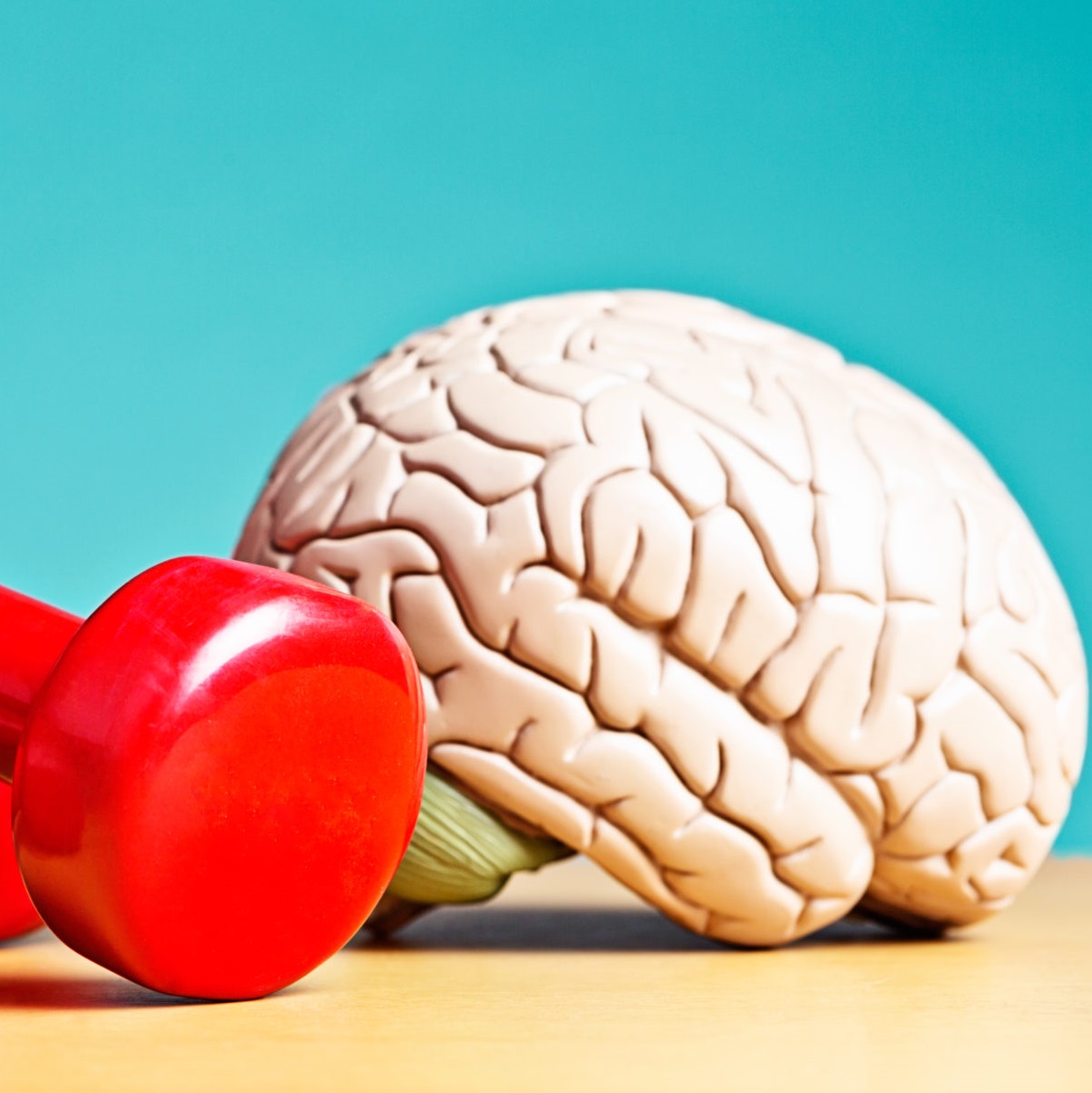Do Brain-Training Games Really Boost Brain Power?

September 28, 2021
Regular exercise and training can boost power in our arms, legs and core, but can training our brains have similar results? The short answer: yes.
What Is Brain Power?
Research studies on cognitive exercises use various objective tools such as the Montreal Cognitive Assessment (MoCA) to assess whether brain exercise improves new learning or increases task-performing abilities—AKA, brain power.
Brain exercises can boost your memory, concentration and focus to make daily tasks easier and quicker to do.
What Tasks Train the Brain?
What exercises can help build brain power? “Anything that makes you think,” says Manisha Parulekar, M.D., division chief for geriatrics and co-director for the Center of Memory Loss and Brain Health at Hackensack University Medical Center. Any task that makes your brain work compared to tasks you do automatically can aid the training process.
That can include:
- Learning a new piece of music
- Trying a new painting technique
- Learning a new card game
- Shopping at an unfamiliar grocery store
Even web-based games marketed to train your brain can help. “The goal is to keep using your brain,” says Dr. Parulekar. It doesn’t matter how that goal is accomplished. There are numerous brain-game websites, puzzle and language apps, as well as special devices that can be pre-loaded with brain games.
Frequency Matters
While how you train your brain may not matter much, frequency does. It usually takes three to six months of daily brain training to see results. Like with other muscles, brain training needs to be maintained. Because many of our daily activities are automatic, we need to make a daily effort.
“This needs to be a lifestyle change; it needs to be an ongoing intervention,” says Dr. Parulekar. “You could make this part of your exercise routine or even join or start a group.”
Boosting Brain Power is Multi-Faceted
Brain exercise is just one facet of boosting brain power. Others include:
- Staying physically active
- Avoiding alcohol and smoking
- Controlling chronic illnesses such as diabetes
- Managing stress
- Regulating sleep
- Being cautious of prolonged medication use, such as sleeping aids or anxiety medications
“It is a multi-pronged approach, and all of these are equally important,” says Dr. Parulekar. “It’s best to start this earlier on, but it’s never too late to incorporate this into our day-to-day life.”
Next Steps & Resources:
- Meet our source: Manisha Parulekar, M.D..
- To make an appointment with a doctor near you, call 800-822-8905 or visit our website.
The material provided through Health Hub is intended to be used as general information only and should not replace the advice of your physician. Always consult your physician for individual care.
Find a doctor near me
Can Wearables Help You Sleep Better?

Improve your sleep? Learn how wearables may help. Dr. Pristas shares insights. Get expert advice; call 800-822-8905.
Types of Headaches Explained by a Neurologist

Understand headache types. Neurologist Dr. Gerhardstein explains migraines, tension, and cluster headaches. JFK University Medical Center offers care. Call 800-822-8905.
Find a doctor near me

What Is Neuro Fatigue?
Neuro fatigue explained. Learn about causes, treatments, and prevention strategies from Dr. Krupa Pandey. Schedule an appointment today.

Top 3 Reasons to See a Primary Care Physician
Maintain your health with a primary care physician. Dr. Gusler explains top reasons for regular checkups. Schedule your appointment today!

How Isolation Can Affect Cognitive Function
Combat isolation's impact on cognitive function. Dr. Kera offers tips for improved brain health & connection. Learn strategies to boost memory & focus.

Can Melatonin Gummies Help Kids Sleep?
Help your child sleep better. Learn about melatonin gummies for kids from pediatric sleep specialists. Get advice & improve bedtime habits.
